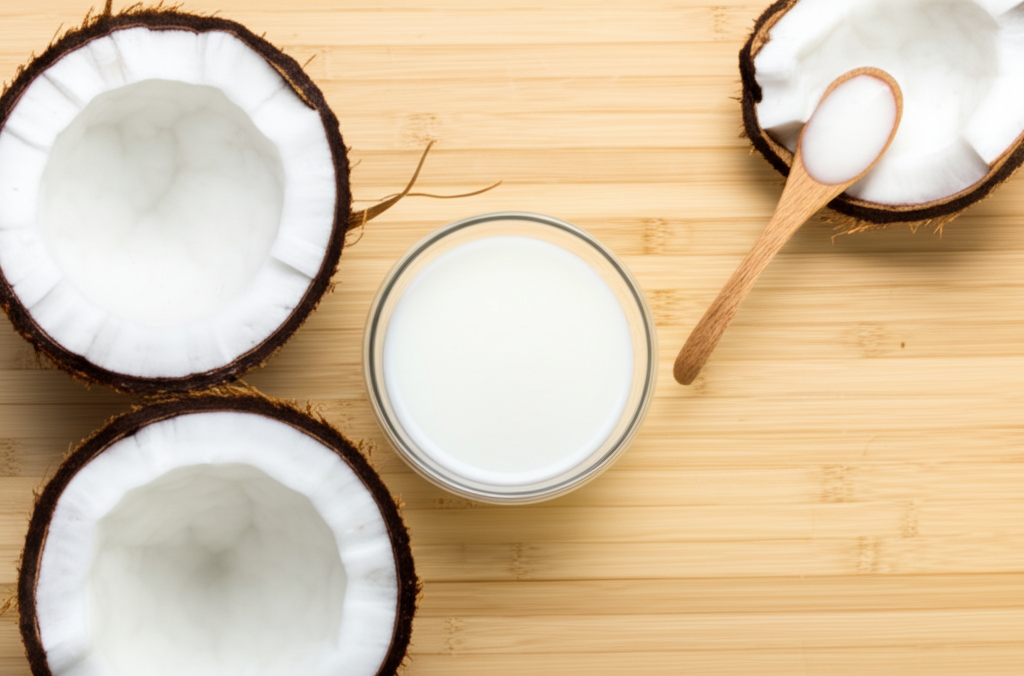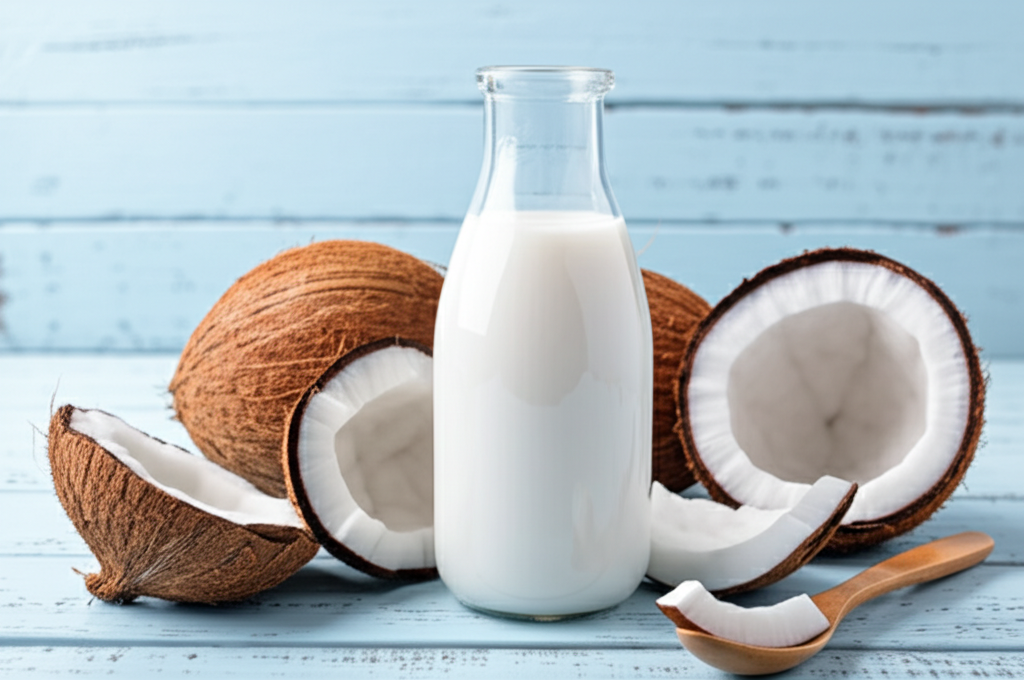For over two decades, the benefits of coconut oil have been discussed and documented. It consistently appears as a key element across various publications, particularly noted for its positive impact on individuals managing diabetes. The enduring presence of coconut oil as a recommendation stems from its consistent, real-world results. Theories are valuable, but tangible outcomes are paramount.
Coconut oil is a natural substance with widespread benefits. Among the exciting findings is its impact on cognitive function. Whether using virgin or refined coconut oil – virgin being the preferred choice – both forms offer valuable effects. Refined coconut oil can be a suitable alternative for those sensitive to the taste of coconut.

The human body relies on energy for optimal health. This energy is generated through metabolism. Improving metabolic function appears to positively influence a wide range of health conditions. Simple lifestyle adjustments like proper hydration, a balanced diet, exercise, and adequate sleep can enhance metabolism. Metabolism converts ingested food into energy, vital for survival. When energy levels are low, it can affect mental acuity, contribute to conditions like arthritis, and disrupt sleep.
Recent research sheds light on a specific component of coconut oil and its profound effect on cognitive abilities. A study titled “Effects of beta-hydroxybutyrate on cognitive function in memory-impaired patients” by Dr. Reger and colleagues, published in *Neurobiology of Aging* (2004), explored the impact of beta-hydroxybutyrate (BHB) on individuals with memory challenges.
Coconut oil is composed of approximately 66% BHB. This means that in every three tablespoons of coconut oil, about two tablespoons consist of BHB. The study revealed that a daily intake of around three tablespoons of coconut oil could lead to noticeable improvements in cognitive function within just 90 minutes of consumption.
Cognitive enhancement encompasses improvements in memory, thinking, problem-solving, emotional state, and overall behavior. These benefits are particularly relevant for the aging population, who often experience a decline in cognitive abilities.

BHB, comprising two-thirds of coconut oil, is made up of ketones, also known as ketone bodies. Ketones become particularly important when the brain struggles to utilize glucose, the primary sugar source, and insulin effectively. The study indicated that providing ketones through medium-chain triglycerides (MCTs) could bypass this limitation.
Two-thirds of coconut oil is composed of MCTs. MCTs are easily digested and rapidly converted into ketones by the liver, providing a readily available energy source for the brain. Unlike long-chain triglycerides, which require extensive processing, MCTs are quickly absorbed.
Remarkable cognitive improvements were observed in individuals consuming as little as three tablespoons of coconut oil per day. Dr. Mary Newport notably documented the positive impact of MCTs on her husband’s Alzheimer’s disease, leading to a significant recovery in his cognitive abilities.
To incorporate this into one’s diet, consider starting with coconut milk. Replace regular milk with coconut milk in beverages or cereals. Coconut milk contains a significant amount of BHB and may lead to observable improvements in cognitive function.
Gradually introduce coconut oil into the diet, starting with small amounts like half a teaspoon and observing the body’s reaction. Slowly increase the daily dose while monitoring for any negative effects. Should adverse reactions occur, reduce or discontinue use. Individuals with pre-existing medical conditions should always consult with their healthcare provider before making significant dietary changes.



